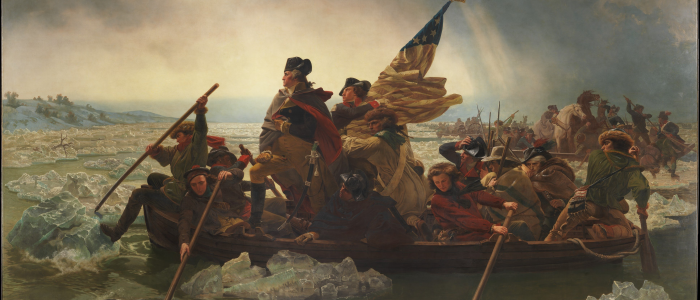The Father of His Country, George Washington was, of course, the first president of the United States (under the Constitution, at least), and his words and deeds would have an outsized effect on American history, for good or for ill. As such, it is unfortunate that the general was so thoroughly under the sway of Alexander Hamilton, that tireless enemy of liberty and solvency. Many of the presidential traditions that have been passed down through the years originated with George Washington, from the annual "State of the Union" address to the two-term limit (violated only once, by the megalomaniacal Franklin Roosevelt) to, sadly, the use of military power to collect taxes. It is there that we begin our analysis.
At the dawn of 1791, at the suggestion of then-treasury secretary Alexander Hamilton, the Washington administration asked for (and received) the first excise tax in American history: a tax on domestically-produced spirits. Hamilton viewed this as a win-win proposition; it would bring in money for the federal government (which still owed tens of millions of dollars to creditors who helped finance the Revolutionary War), while, as a "sin tax," would discourage people from consuming spirits. In traditional Hamiltonian fashion, of course, the tax was designed such that it benefited large, entrenched interests at the expense of everybody else, since the tax was assessed by the gallon or as one large flat fee. The largest producers of spirits, obviously, would pay the flat fee, which pushed their per-gallon tax burden far below that borne by the smaller producers, thus artificially strengthening the large firms’ ability to compete on the market. Worse still, for many people living on the American frontier, whiskey wasn’t just a recreation; Spanish silver (the widely-accepted coin of the realm) didn’t often make its way out far from the urban northeast, and whiskey, due to its comparatively long life, ease of divisibility, and ubiquity became the de facto currency. A tax on whiskey, therefore, wasn’t just a "sin tax" that would discourage people from behaving in ways the eastern elite didn’t approve of; rather, it was a tax on every facet of daily life. Americans responded to this tax the same way they responded to the onerous excise taxes imposed by the British in the days leading up to the revolution: they ignored it.

